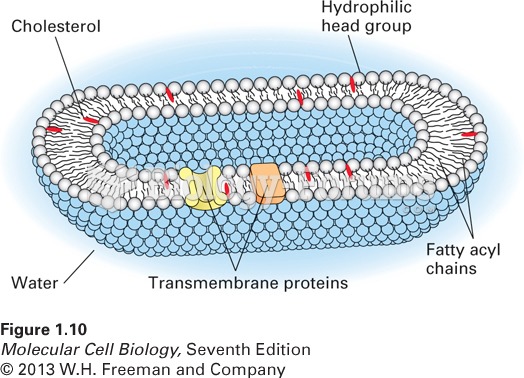|
|
|
Though the United States has largely rejected the metric system, it is used for currency, as in 100 pennies = 1 dollar. Previously, the British currency system was used, with measurements such as 12 pence to the shilling, and 20 shillings to the pound.
Limit intake of red meat and dairy products made with whole milk. Choose skim milk, low-fat or fat-free dairy products. Limit fried food. Use healthy oils when cooking.
For about 100 years, scientists thought that peptic ulcers were caused by stress, spicy food, and alcohol. Later, researchers added stomach acid to the list of causes and began treating ulcers with antacids. Now it is known that peptic ulcers are predominantly caused by Helicobacter pylori, a spiral-shaped bacterium that normally exist in the stomach.
This year, an estimated 1.4 million Americans will have a new or recurrent heart attack.
As many as 20% of Americans have been infected by the fungus known as Histoplasmosis. While most people are asymptomatic or only have slight symptoms, infection can progress to a rapid and potentially fatal superinfection.
 (A) Dornier Compact Delta® lithotripsy system. Acoustic shock waves generated by the shock-wave-gene
(A) Dornier Compact Delta® lithotripsy system. Acoustic shock waves generated by the shock-wave-gene
 Cirrhosis. Cirrhosis is characterized by a chronic deterioration of the liver, replacing healthy cel
Cirrhosis. Cirrhosis is characterized by a chronic deterioration of the liver, replacing healthy cel





